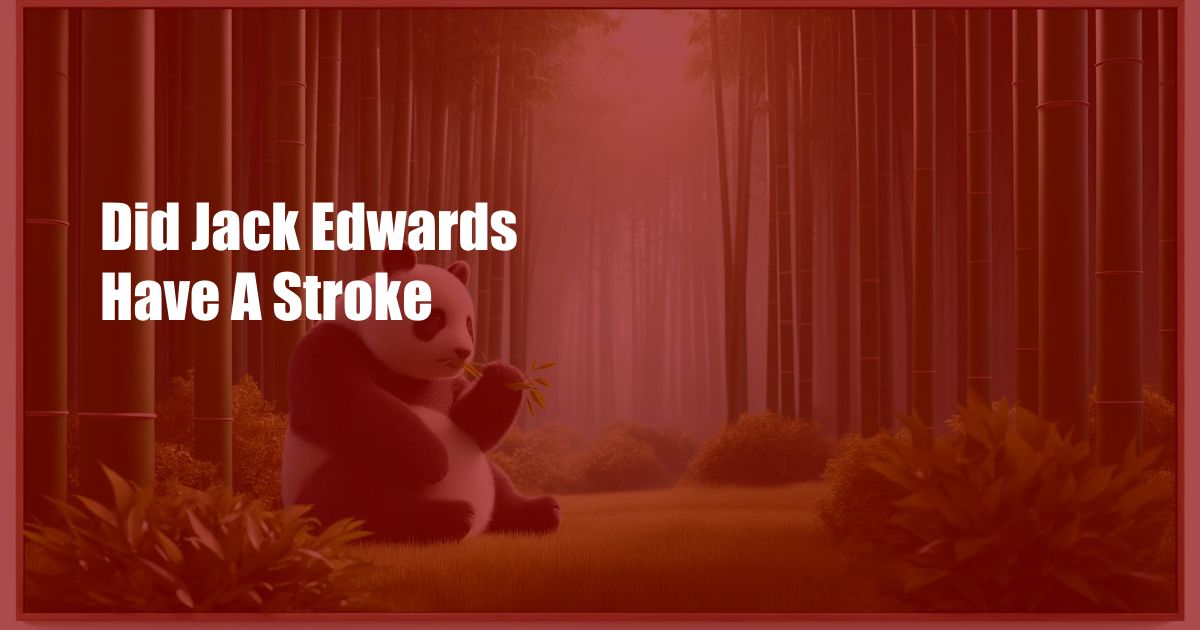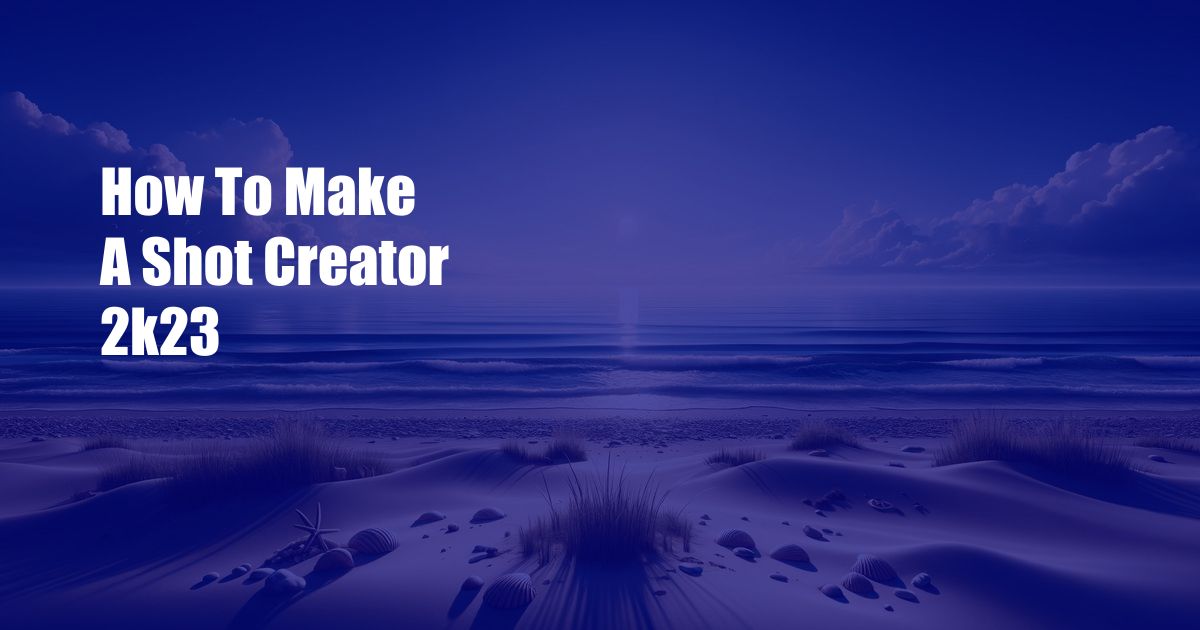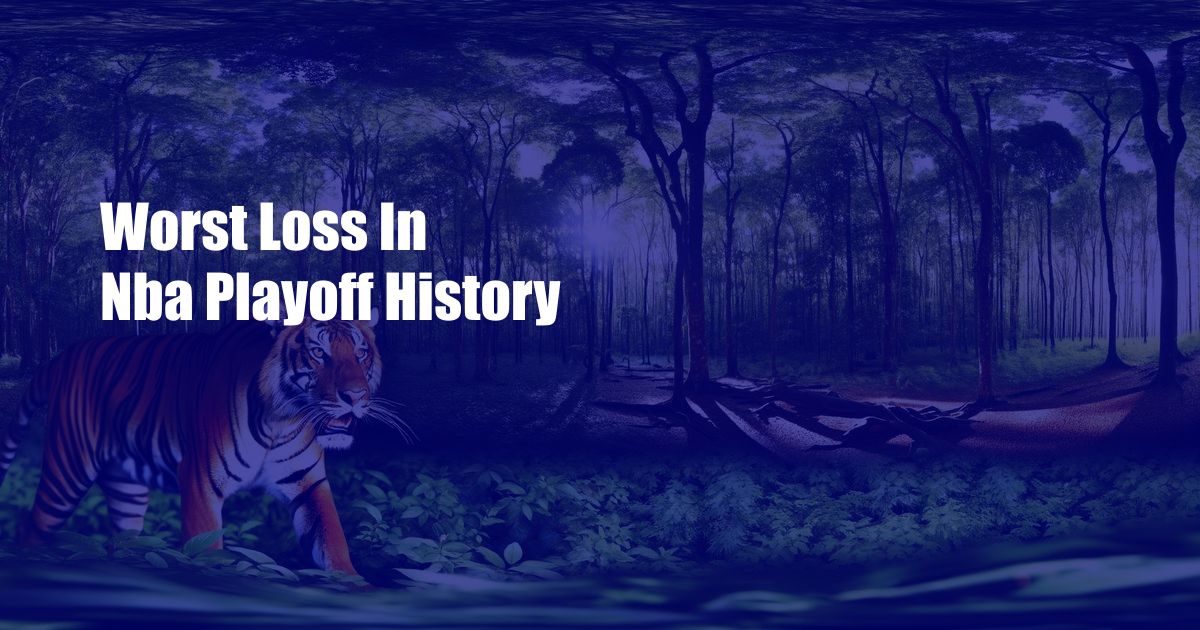
Did Jack Edwards Have a Stroke?
A few weeks ago, I was watching a Bruins game on TV when I noticed that Jack Edwards, the team’s play-by-play announcer, seemed to be slurring his speech. I was immediately concerned, as I had heard that he had suffered a stroke in the past. After the game, I did some research and found out that Edwards had indeed had a stroke in 2009. However, he has since recovered and is back to work.
I was relieved to learn that Edwards is doing well, but I couldn’t help but wonder what the signs and symptoms of a stroke are. I did some more research and found out that the most common signs of a stroke are:
Sudden numbness or weakness on one side of the body
This can include the face, arm, or leg. The weakness may be mild or severe, and it may come and go.
Sudden confusion, trouble speaking, or understanding speech
This can include difficulty finding the right words, speaking in a garbled way, or not being able to understand what others are saying.
Sudden trouble seeing in one or both eyes
This can include blurred vision, double vision, or loss of vision in one or both eyes.
Sudden trouble walking, dizziness, or loss of balance
This can include feeling unsteady on your feet, having difficulty walking, or feeling like you’re going to faint.
Sudden severe headache with no known cause
This can be a sign of a hemorrhagic stroke, which is a type of stroke caused by bleeding in the brain.
If you experience any of these symptoms, it is important to seek medical attention immediately. Strokes are a medical emergency, and the sooner you receive treatment, the better your chances of recovery.
I’m glad that Jack Edwards is doing well after his stroke. He is a talented broadcaster, and I’m sure he will continue to provide Bruins fans with great commentary for many years to come.
Tips for Preventing a Stroke
There are a number of things you can do to reduce your risk of having a stroke, including:
Controlling your blood pressure
High blood pressure is one of the most important risk factors for stroke. Talk to your doctor about ways to lower your blood pressure, such as eating a healthy diet, getting regular exercise, and taking medication if necessary.
Managing your cholesterol
High cholesterol can also increase your risk of stroke. Talk to your doctor about ways to lower your cholesterol, such as eating a healthy diet, getting regular exercise, and taking medication if necessary.
Getting regular exercise
Exercise can help to lower your blood pressure and cholesterol, and it can also help to strengthen your heart and lungs. Aim for at least 30 minutes of moderate-intensity exercise most days of the week.
Eating a healthy diet
A healthy diet can help to lower your blood pressure and cholesterol, and it can also help to maintain a healthy weight. Eat plenty of fruits, vegetables, and whole grains, and limit your intake of saturated fat, trans fat, and sodium.
Quitting smoking
Smoking is one of the most important risk factors for stroke. If you smoke, quit as soon as possible. Talk to your doctor about ways to quit smoking, such as using nicotine replacement therapy or taking medication.
FAQ About Strokes
Q: What is a stroke?
A: A stroke is a medical emergency that occurs when blood flow to the brain is interrupted. Strokes can cause a variety of symptoms, including sudden numbness or weakness on one side of the body, sudden confusion, trouble speaking, or understanding speech, sudden trouble seeing in one or both eyes, sudden trouble walking, dizziness, or loss of balance, and sudden severe headache with no known cause.
Q: What are the risk factors for stroke?
A: The most common risk factors for stroke are high blood pressure, high cholesterol, diabetes, smoking, and obesity.
Q: What are the symptoms of a stroke?
A: The most common signs of a stroke are sudden numbness or weakness on one side of the body, sudden confusion, trouble speaking, or understanding speech, sudden trouble seeing in one or both eyes, sudden trouble walking, dizziness, or loss of balance, and sudden severe headache with no known cause.
Q: What should I do if I think someone is having a stroke?
A: If you think someone is having a stroke, call 911 immediately. Strokes are a medical emergency, and the sooner you receive treatment, the better your chances of recovery.
Q: How can I prevent a stroke?
A: There are a number of things you can do to reduce your risk of having a stroke, including controlling your blood pressure, managing your cholesterol, getting regular exercise, eating a healthy diet, and quitting smoking.
Conclusion
Strokes are a serious medical condition, but they can be prevented and treated. If you have any concerns about your risk of stroke, talk to your doctor. And if you experience any of the symptoms of a stroke, call 911 immediately.
Are you interested in learning more about strokes? If so, I encourage you to do some research on the topic. There are many resources available online, and your doctor can also provide you with information.
 Vikipedi.org Trusted Information and Education News Media
Vikipedi.org Trusted Information and Education News Media



